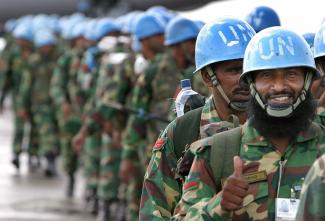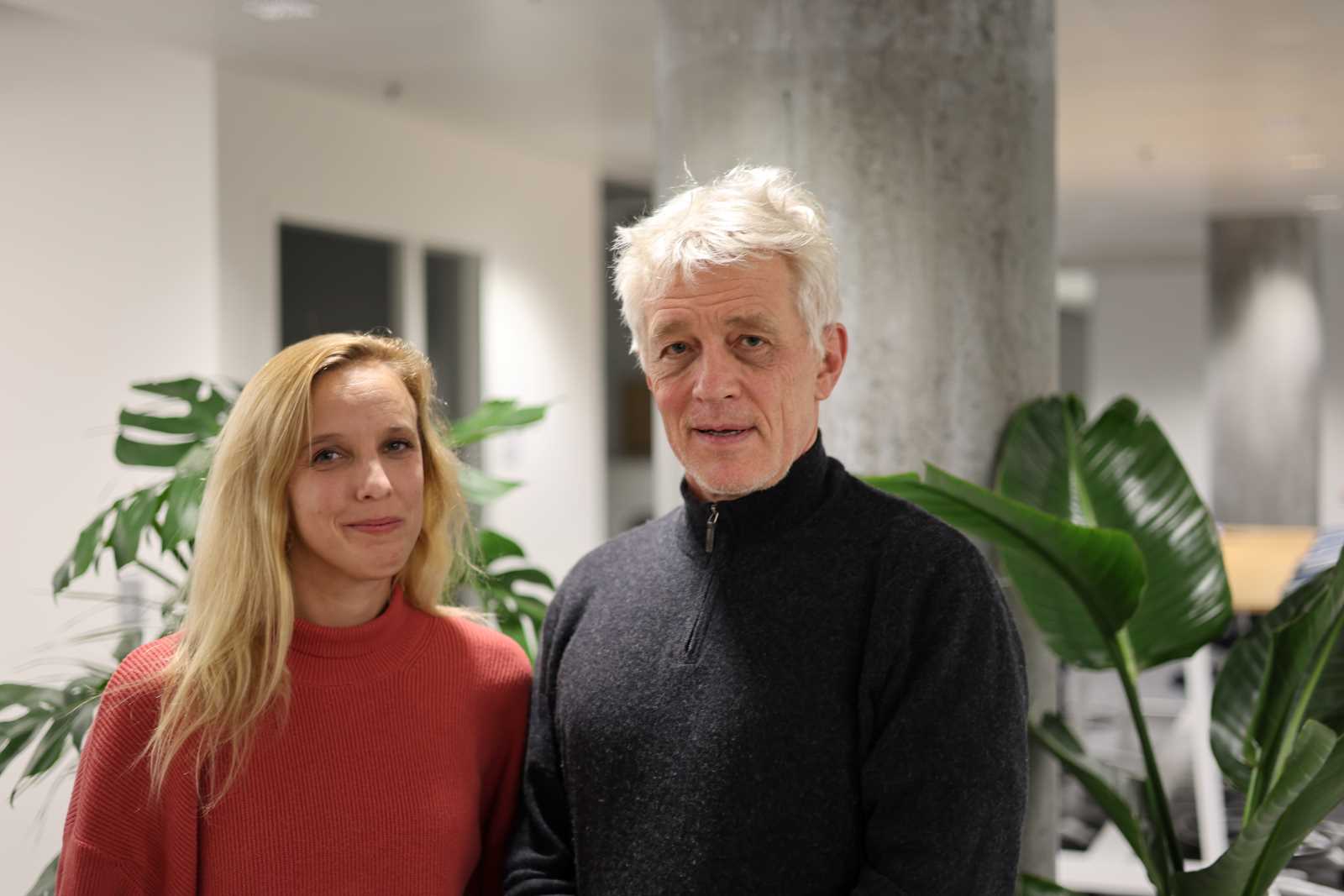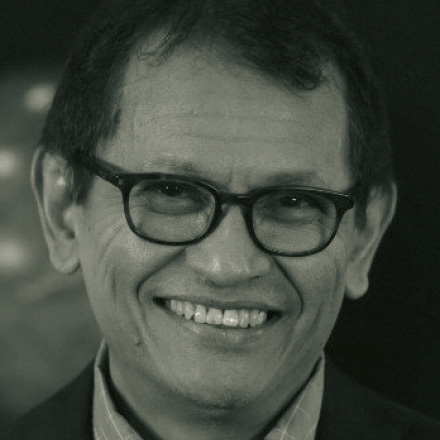International Cooperation
Lessons not learned

- Donor governments consider themselves generous because they invest tax money in the development of far-away places. They worry, however, that corruption, negligence, incompetence and other forms of bad governance will undermine all efforts. They doubt their official development assistance (ODA) will make a difference where national governments show little interest in improving public services or enforcing the rule of law.
- The governments of developing countries, on the other hand, resent the good-governance rhetoric. After all, donors don’t stress democracy and human rights when interests relating to natural resources, trade or security are at stake. For decades, moreover, donor governments have been pledging to spend 0.7 % of their gross national income on ODA. Too few do.
The mutual reservations are rooted in experience and thus justified. They affect the young international policy field of climate matters as well. The donor countries caused global warming, but they are not reducing their greenhouse-gas emissions at any convincing speed. Most did not fulfil their Kyoto-Protocol obligations. Nor are they doing much to facilitate climate-relevant action in disadvantaged countries.
The developing world is most vulnerable to the impacts of climate change. Its leaders, however, are not coming up with interesting policy ideas or innovative infrastructure proposals. Even highly dynamic emerging markets are basically copying the non-sustainable model of the rich world.
Climate change is evident in ever more frequent extreme whether. Recently we have heard of floods in England, a record drought in California and unusual heat in Australia. The developing world tends to be even more affected by floods, heat waves, storms and draughts. The need to act on global change is growing, but the international community’s ability is not. There is even a serious risk of climate action neglecting the lessons of development efforts. The most important one is that measures fail when they are implemented without concern for local contexts.
Europe and Germany used to be leaders in climate affairs. Germany wants to phase out nuclear power and shift to renewables at the same time. This policy is called "Energiewende". If successful, it will reinforce the country’s standing in the climate arena. That will take time however. In recent years, EU leaders focussed almost entirely on austerity in the Euro crisis. Their goal of preventing inflation is a worthy one. One must ask, however, whether macroeconomic stability is possible in a world marked by an unstable environment. Lost harvests can easily make food prices rise fast internationally - and central banks cannot do anything about that. Climate protection should be the top priority.
Austerity, by the way, does not convince many people in developing countries. It looks too much like the IMF’s flawed structural adjustment programmes that were supposed to rejuvenate developing economies at the end of the past century, but ultimately weakened their states and had to be followed up with debt relief. In the global south, many observers think that the EU is not aware of this experience. Moreover, they find it unacceptable when European leaders tell them that rich nations unfortunately don't have the money to live up to ODA promises and climate obligations at the moment.















